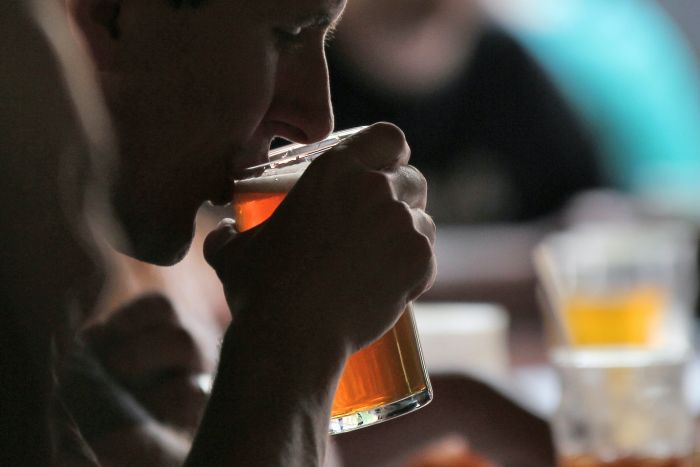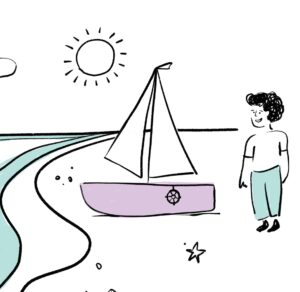Many Australians use substances recreationally: alcohol, illicit drugs, over the counter or prescription medications being used for non-medicinal purposes. Substance use disorder affects 3.3% of Australian adults every year. [1]
Many people use alcohol within safe limits, however for others, alcohol use has become problematic and once alcohol use has grown to addiction, it can have a cascading impact on the person’s life, work, relationships, health and sense of self; and can be difficult for them to find a way through it.
Substance Use
For many people who do develop an addiction, whether it be to alcohol, or other substances, it started as a coping mechanism, as an escape, or social use which became unmanageable. However, we don’t always recognise the maladaptive use until it has spiralled out of control and is now dominating our lives. For some, this will be a private use, and they live with secrecy and shame. For others it’s big, and loud, and public.
Many people in our society use substances – in some industries and community groups it’s almost a rite of passage. In many areas of our society it is socially acceptable to use substances and sometimes it is almost expected.
Some workplace and family cultures can make it harder for those who wish to abstain from using alcohol to do so. It can feel as those if you don’t join in at after work drinks, then you’ll be ostracised; some people report they feel peer pressure to ‘just have one!’ even as adults. This can lead to people using more and more while not necessarily being aware of the patterns and effects of their use.
If someone is:
- using substances in a way that causes harm to their physical or mental health;
- has dependence on the substance (physically or psychologically); or
- where their substance use negatively affects their functioning [2]
then it is worth getting some support.
Often co-occurs with anxiety and depressive disorders
Substance use problems often co-occur with anxiety and depression – sometimes the person is using substances to self-medicate and, at other times, the overuse of substances can lead to or exacerbate anxiety and depression. It is important to know that if a person is experiencing these issues co-occurring, they should get support and treatment for all of the conditions to optimise their chances of recovery.
Coping strategy
In my work I observe many people reporting alcohol use as a coping strategy for the stress which builds up managing their multiple roles, and as a way to get through the week. Others report they use it for anger, anxiety, boredom, fear, frustration or shyness.
Using alcohol as a coping mechanism can be risky. Memes about ‘it’s wine o’clock somewhere’ normalise the use of alcohol as a coping mechanism by encouraging others to have a drink to get over a bad day. Alcohol may numb us, but it doesn’t actually help us. Not in the short term or long term in terms of our mental wellbeing.
Individuals and organisations can tackle unhealthy cultures around alcohol use by proactively developing healthy coping strategies for stress, rather than relying on alcohol, and to become a more conscious consumer and supplier of alcohol.
Ideas for individuals
- Have a list of go to strategies for managing stress and try to keep your alcohol use separate to managing stress
- Do a self-audit of your alcohol use. Measure your consumption and track it against safe drinking guidelines (see link in resources). By bringing consciousness to your consumption you can see how you may be able to moderate use. If you are not able to moderate your use by yourself, have a chat with your GP or one of the supports listed below about your options
Ideas for workplaces and social events
- When planning social events which serve alcohol, ensure you also provide plenty of delicious non-alcoholic drinks as well
- Use attractive glassware and garnishes for your non-alcoholic drinks
- Have servers who provide the drinks. If all options are presented in generic glassware, people may feel they are able to be more discreet about the choices they are making.
Resources:
Australian Government Alcohol Guidelines
https://www.health.gov.au/health-topics/alcohol/about-alcohol/how-much-alcohol-is-safe-to-drink
Alcohol and Drug Foundation (lists state and national services)
https://adf.org.au/help-support/
Smart Recovery Australia (SMART – Self Management and Recovery Training)
https://smartrecoveryaustralia.com.au/
Western Australia:
Holyoake
https://holyoake.org.au/
08 9416 4444
References:
- Australian Bureau of Statistics. 2022 National Survey of Mental Health and Wellbeing: Summary of Results. https://www.abs.gov.au/statistics/health/mental-health/national-study-mental-health-and-wellbeing/2020-21
- Kitchener, B., Jorm, T., & Kelly, C. (2017). Mental health first aid manual (4th ed.). Melbourne: Mental Health First Aid Australia..
-
 Engaging with Empathy & Compassion | eLearning Course$330.00 inc.GST
Engaging with Empathy & Compassion | eLearning Course$330.00 inc.GST -
 Building Buoyancy | eLearning Course*$180.00 inc.GST
Building Buoyancy | eLearning Course*$180.00 inc.GST -
 Workplace Mental Health for Leaders | eLearning Course + Assessments$770.00 inc.GST
Workplace Mental Health for Leaders | eLearning Course + Assessments$770.00 inc.GST
Tap into our mental health expertise
Image: Robert Mathews (Unsplash)



